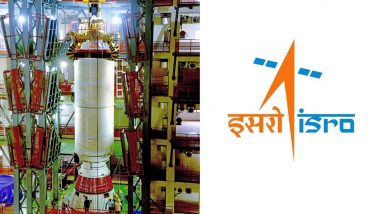Chennai, March 28: A central task force on Artificial Intelligence (AI) has suggested creating a National Artificial Intelligence Mission (N-AIM) that will serve as a nodal agency for coordinating AI related activities in the country. The report of the task force, set up by the Union Commerce Ministry in August last, has also said, "AI should be seen as a scalable problem solver in India rather than only as a booster of economic growth." Professor V Kamakoti, Chairman of the task force and a Professor of IIT, Madras, said the report was a "practical" one and that "all our recommendations have been very pointed and it has been seen to it that they are very much implementable in a short time." According to the report, Artificial Intelligence "is the science and engineering of making intelligent machines, especially intelligent computer programmes."
The task force, whose members include those from government and the private sector, besides the academia, has identified 10 domains in India, including Manufacturing, FinTech, Agriculture/Food Processing and Education for implementation of AI. Kamakoti told PTI that the implementation of AI in labour-intensive sectors such as agriculture will not take away jobs, but enhance productivity. The report has made a set of recommendations to the Government of India, which include the setting up of N-AIM with a budgetary allocation of Rs 1,200 crore over five years.
The task force has recommended that the government fund under the "Union budget an inter-ministerial National Artificial Intelligence Mission (N-AIM), that will act as a nodal agency for coordinating AI related activities in India." The mission shall involve itself in "core activities, coordination of AI-related projects of national importance and establishing Centers of Excellence." The core activities include funding establishment of a network among Academia, services industry, product industry, startups and Government ministries, besides helping studies to identify concrete projects in each domain of focus. Enabling policies and forging bilateral cooperation with countries like Canada, Germany, Israel, UK, and the US to develop AI solutions for social and economic problems and sharing the best practices were also recommended.
Asked about fears of AI possibly affecting jobs, Kamakoti said implementation of technology would actually enhance productivity and referred to agriculture to drive home his point. "Humans cannot be replaced but the skill sets change-- He (farmer) may have to now drive an intelligent tractor...people are already using harvester, smart devices in farming," he said. "We believe this (AI) will create more opportunities and jobs and make the process of agriculture more reliable. For instance, AI can predict an infection in crops. Therefore it will make agriculture more sophisticated," he said. The manpower would remain the same but it would be "more tech-savvy," he added.













 Quickly
Quickly





















